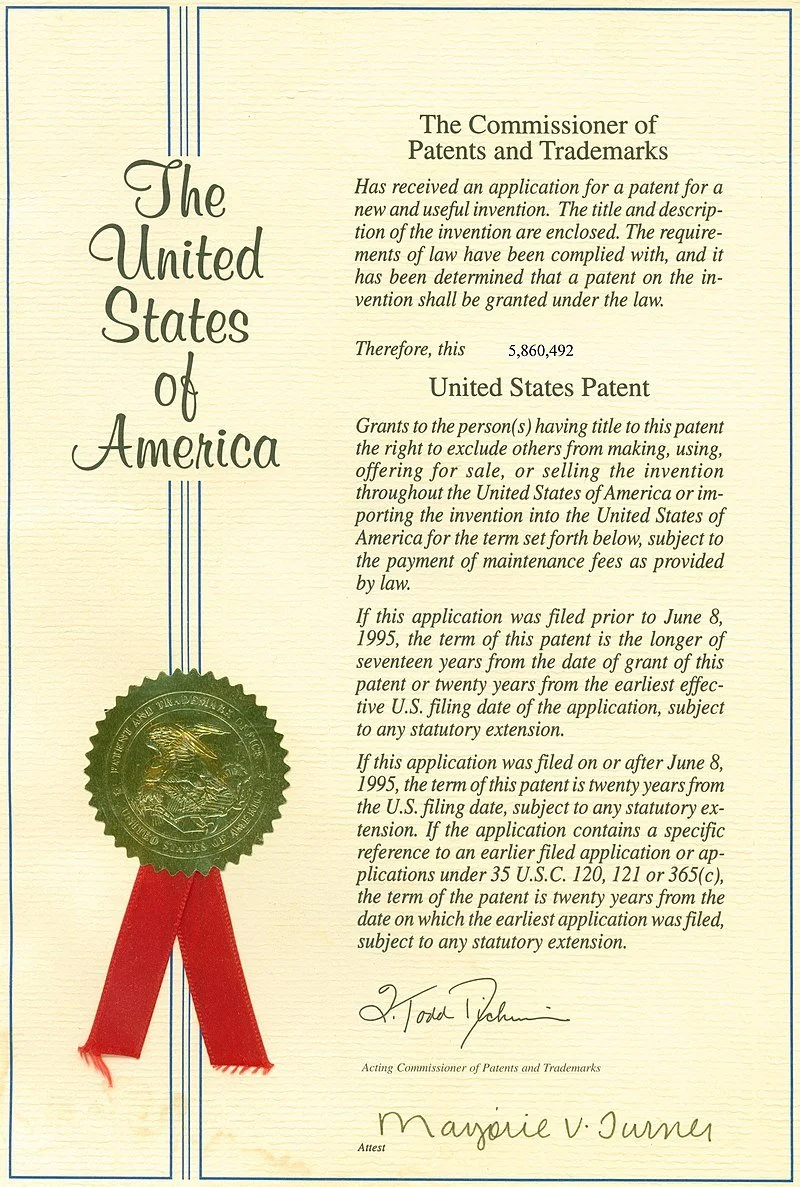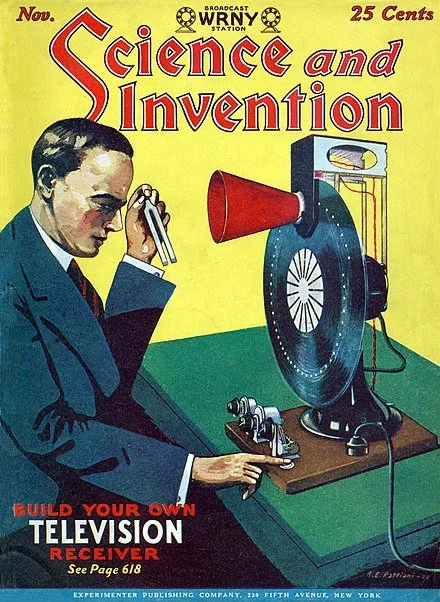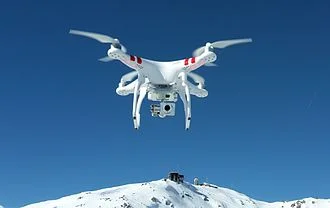
Llewellyn King: Cheer up! We’re in a new age of creativity
Alexander Graham Bell (1847-1922) at the unveiling, in 1916, of a plaque commemorating his invention of the telephone at 5 Exeter Place, Boston. The Greater Boston area has long been one of America’s centers of technological invention.
WEST WARWICK, R.I.
You could be excused for believing that everything is going to hell. We are living through a tumultuous time, and the next two years are going to be especially difficult with severe disruption to supply chains, runaway inflation and, worst of all, food shortages in much of the world.
But it also may be a time when human creativity has never been more liberated, when fewer impediments to innovative ideas and products are coming to the surface.
John Sibley Butler, professor of management and sociology at the University of Texas at Austin’s McCombs School of Business, said on PBS’s White House Chronicle that there was a start-up surge during the pandemic, from high-tech to homemaking.
Particularly, it is a time when capital is more available to the entrepreneur than ever. Morgan O’Brien, executive chairman of Anterix and co-creator of Nextel Communications, said on the same PBS episode, “A lot of times venture capitalists are portrayed as a rapacious, unforgiving, and out-to-make-the-best-buck bunch. Our experience was so radically different. Nextel, as a company, would have been impossible without the belief, the resiliency and the support of the private equity invested in it. And the same again for Anterix.”
No longer is the sole source of capital a bank with its rigidities. No longer does the loan-seeking entrepreneur have to hear from a banker that they have no collateral. Raising capital has become a public activity, so much so that it has spurred a hugely successful network show, “Shark Tank.” Direct investment also can be found on crowd-funding platforms like Kickstarter.
Bringing a new product to market is easier than it has ever been. At one time, an inventor of a consumer product had to make a sample and then suffer abuse by a buyer in a department store chain and be told about the shortage of shelf space and the small chance of success; and to face a haggle over the pricing — if, in the remote chance, the product was approved.
Now, if you have an idea for a nifty new product, you can possibly use a 3D printer to make it at home and sell it on Etsy before you decide to raise capital and go into business full time.
Likewise, a high-tech inventor doesn’t have to beg a big company to listen and probably get an out-of-hand rejection. Instead, science-based invention is in demand, sought and cultivated. The great fortunes of recent years have nearly all been in science-based businesses.
Great fortunes have been made by venture capitalists and they are spreading out. No longer are they blinkered to examining only the possibilities of computers and the electromagnetic universe. Venture capitalists are now trolling the world for new ideas.
This creativity, this new age of discovery, is already transforming the way we live, from safer cars to a surge in new medical discoveries. Cancer, though not defeated, is being beaten back, and electricity production is getting cleaner.
The speed with which the vaccines for COVID-19 were researched, tested and produced is an inspiration for what can be done when will and need are aligned.
A new transportation future is at hand, according to Dwight Smith, a relentless Jamaican-American inventor who heads Paragon VTOL Aerospace. The Brownsville, Texas-based company is collaborating with Rolls Royce and others on vertical takeoff and landing aircraft for cargo and passengers.
The immediate bleakness in the global outlook can give way to an age redolent with possibilities so long as the talented of the United States and the world continue to produce and know that their ideas and products will find acceptance.
For example, more movies are coming to screens across the world than ever before. Netflix, Amazon, even Hallmark are offering new opportunities to writers, actors and producers. Opportunities that weren’t there a decade ago.
The trick is to keep inventing, developing and dreaming as we contend with the horrors of Ukraine, the shortages today of baby food and bulk electrical equipment, and who knows what shortages tomorrow.
And, oh, the prices! They will abate as we invent alternatives and efficiencies and we adjust our consumption.
Llewellyn King is executive producer and of White House Chronicle, on PBS. He’s based in Rhode Island and Washington, D.C.
On Twitter: @llewellynking2
Llewellyn King: Watch out for drone invasion of cities
WEST WARWICK, R.I.
There is a push to commercialize drones that equals any gold rush. Hundreds of drone makers, drone service companies and drone management firms are creating new machines, divining new uses, and planning to increase the penetration of their devices or services in a marketplace that is burgeoning. Although dominated by DJI, the giant Chinese drone company with seven locations in the United States alone, there are hundreds of drone companies keen to get in on the action.
The drone takeover of the skies is not a thing of science fiction and Popular Mechanics anymore. It is real and it has begun. Soon the skies in cities will be getting as crowded as the highways of Washington and Los Angeles.
In the world of drones, the big struggle now is to increase the payloads. But the real value maybe in their ability to collect and process huge amounts of data – an essential part of the “smart cities” of the future. Former Intel CEO Brian Krzanich said data is the new oil and drones are the new oil wells.
Drones and autonomous vehicles are destined to be integral to smart cities, with different entrants pursing different goals. Uber Eats wants dinners for families of four to be wafted aloft by drones. Amazon wants drones that can carry loads of various sizes and shapes. Google wants to own the control technology.
Everyone wants the data.
City managers, police departments, motor vehicle departments and first responders want data. Marketers and homebuilders want data about how we live and travel -- and even what we do when we are not between working and getting home.
Smart cities will run on data and drones will be part of the data-acquisition infrastructure. Morgan O’Brien, co-founder of Nextel Communications, Inc. and now president of Anterix, a company providing secure communications to utilities and others, tells me that data will be the foundation of smart cities.
“A smart city is ‘smart’ in the same way a smartphone is smart. Collecting and processing vast amounts of digital data in virtual real time, a smartphone collects a user to the internet for voice, texting, video and experiences of every sort,” O’Brien said, adding, “The smart city similarly will collect vast amounts of data and virtually simultaneously process that data to make the city safer, more livable, more green and more pleasant.”
This data will be collected from a myriad of sensors, including those on drones: the eyes in the sky.
Carl Berndtson, managing director of Confex Partners Ltd., a Concord, Mass.-based commercial conference organizer, expects 2,500 people at a drone conference which will be held on Oct. 28-30 in Las Vegas. Confex is part of the giant “Drone Week” early in December in Amsterdam, where 3,000 drone entrepreneurs and engineers are expected.
Of course, to keep all those goods-delivering, data-gathering, unmanned vehicles from crashing into each other, a sophisticated micro-air traffic control system will be needed -- something far beyond today’s macro system that keeps large aircraft safe. One company, AirMap of Santa Monica, Calif., claims to be well along the way in developing a control system, but there are others and governments will have the essential role.
Drones will come in many sizes and shapes, from drone taxis whipping us about to worker-bee drones, like the ones already employed to inspect electric power lines and hammer nails into shingles on roofs.
In the 1967 film The Graduate, Benjamin Braddock, a recent college graduate, was advised to go into plastics. Today he might be advised to go into drones.
The drone industry has taken off and is headed for where you live and work. Watch your head.
Llewellyn King is executive producer and host of White House Chronicle, on PBS. His email is llewellynking1@gmail.com and he’s based in Rhode Island and Washington, D.C.
Linda Gasparello
Co-host and Producer
"White House Chronicle" on PBS





